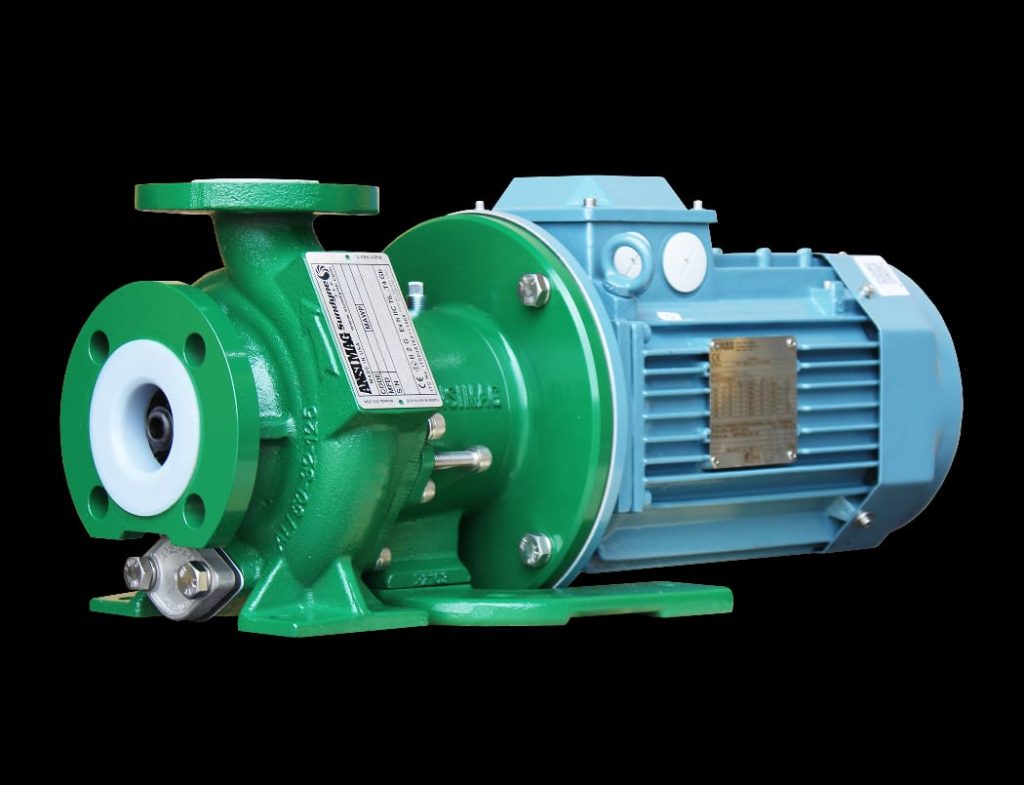In the healthcare industry, the protection of sensitive patient information is of paramount importance. The Health Insurance Portability and Accountability Act (HIPAA) sets forth regulations to safeguard patient privacy and data security. Secured faxing plays a crucial role in healthcare communication, enabling the exchange of confidential patient information. Why is secured faxing critical for ensuring HIPAA compliance in healthcare? What are some practical guidelines any healthcare organization can use to ensure the security of faxed information?
Secured Faxing and HIPAA Compliance
Secured faxing refers to the process of transmitting sensitive information via fax in a secure and compliant manner. While digital communication methods have gained prominence, faxing remains prevalent in the healthcare industry due to its security and legal acceptance. However, traditional faxing can pose challenges to HIPAA compliance as physical documents may be misplaced, intercepted, or accessed by unauthorized individuals. To mitigate these risks, healthcare organizations must implement security measures to protect patient data during fax transmission. The organization can never be too careful when it comes to HIPAA compliant healthcare faxes.
Implementing Secure Fax Machines and Systems
To ensure HIPAA compliance, healthcare organizations should invest in secure fax machines and systems. These machines need to provide encryption capabilities, ensuring that faxed documents are transmitted in an encrypted format. Encryption protects patient information from unauthorized access and maintains its integrity during transmission. Additionally, healthcare providers have to ensure that fax machines are placed in secure areas, limiting access to authorized personnel only.
Authentication and Access Controls
Secured faxing requires robust authentication and access controls to prevent unauthorized individuals from accessing faxed documents. Healthcare organizations will have to implement user authentication mechanisms, such as unique user names and passwords, to restrict access to authorized personnel. Furthermore, access controls need to be in place to monitor and audit who accesses faxed information and when.
Training and Awareness
Human error remains a significant factor in data breaches. Therefore, healthcare organizations should prioritize training and awareness programs for employees regarding secure faxing practices and HIPAA compliance. Employers must educate staff members on how to identify sensitive information, handle it securely, and understand the potential risks associated with improper handling of faxed documents.
Secure Transmission Protocols
When transmitting faxed information, healthcare providers need to utilize secure transmission protocols to safeguard patient data. Implementing protocols such as Secure Sockets Layer (SSL) or Transport Layer Security (TLS) ensures that the information remains encrypted during transit. This prevents unauthorized interception or tampering with the faxed data.
Retention and Disposal Policies
HIPAA requires healthcare organizations to have proper retention and disposal policies for patient information. Faxed documents should be retained for the required duration and then disposed of securely. Healthcare providers must invest in shredders or other secure disposal methods to prevent unauthorized access to discarded faxed documents.
Regular Security Audits and Assessments
To maintain HIPAA compliance, healthcare organizations will have to conduct regular security audits and assessments of their faxing systems. These assessments help identify vulnerabilities and ensure that security measures are up to date. By regularly evaluating security protocols, organizations can proactively address any potential risks and maintain the integrity of faxed patient information.
An Alternative Option
Traditional faxing has long been a popular method for transmitting medical records. However, the advent of internet faxing has revolutionized the process by providing a secure and efficient solution that aligns with HIPAA compliance. What are the benefits and challenges associated with internet faxing in relation to HIPAA regulations?
What is Internet Faxing?
Internet faxing, also known as online faxing or eFaxing, offers a secure and compliant alternative to traditional faxing methods. It utilizes encrypted transmission protocols, such as Secure Sockets Layer (SSL) or Transport Layer Security (TLS), to safeguard the privacy of patient data. With internet faxing, ePHI is sent and received electronically, eliminating the risk of physical document mishandling or unauthorized parties seeing sensitive patient information.
Enhanced Security Measures
Internet faxing services employ various security measures to ensure HIPAA compliance. These include end-to-end encryption, two-factor authentication, audit trails, and access controls. Encryption scrambles the data during transmission, rendering it unreadable to unauthorized individuals. Two-factor authentication adds an extra layer of security by requiring a unique code in addition to login credentials. Audit trails and access controls enable organizations to track and monitor fax activities, ensuring accountability and preventing unauthorized access. All measures increase the security of the information being transmitted.
Improved Efficiency and Workflow
Internet faxing streamlines the workflow within healthcare organizations. Incoming faxes are delivered directly to designated email addresses or electronic health record (EHR) systems, eliminating the need for manual handling and reducing the risk of errors. This automated process saves time, improves efficiency, and enables healthcare professionals to access patient information more quickly, enhancing the quality of care. In addition, as only the designated party receives this information, the risk of it being seen by unauthorized individuals decreases drastically.
Challenges and Considerations
While internet faxing offers numerous advantages, there are a few challenges that organizations must address to ensure HIPAA compliance. It is essential to select a reputable internet fax service provider that offers HIPAA-compliant features and has undergone rigorous security audits. Healthcare providers should never take the word of the provider when ensuring HIPAA compliance. Due diligence is needed to ensure the personal information of patients remains safeguarded at all times. Organizations must also educate their staff about HIPAA regulations and the proper handling of ePHI to minimize the risk of accidental breaches.
HIPAA Business Associate Agreements (BAAs)
To further ensure compliance, healthcare organizations need to establish HIPAA Business Associate Agreements (BAAs) with their internet fax service providers. A BAA is a legally binding contract that clarifies the responsibilities and obligations of both parties regarding the handling of ePHI. It ensures that the service provider meets the necessary HIPAA requirements, protecting patient data and mitigating potential liabilities.
Internet faxing provides a secure and efficient solution for transmitting medical records while adhering to HIPAA compliance standards. Many organizations find it to be of great benefit and are eliminating traditional fax methods completely. Embracing internet faxing allows healthcare professionals to focus on providing quality care while maintaining the highest standards of patient privacy and security.




